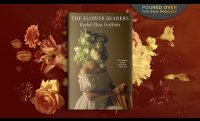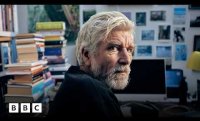A Letter, Loosely
“This letter is likely too oblique, no doubt, too fragmented. It is not in the tradition of the epistle. Perhaps not an offer to correspond. I am no correspondent. Accept this witness as a journal glimpse,” writes Heid E. Erdrich in Literary Hub’s Letter From Minnesota series in response to the national turmoil over recent ICE operations in Minneapolis. “In my mind, our city is a body, alive and coursing through us, even where sacred streams are sluiced under streets.” Write an open letter or a note to yourself that includes bits and pieces of language from recent news events with your personal reflections on ideas revolving around political power and the ways in which communities may break or come together in response. Allow yourself the freedom to circle obliquely around emotions you may feel confused about, and to depart from traditional epistolary form in using fragments and diaristic vignettes.








